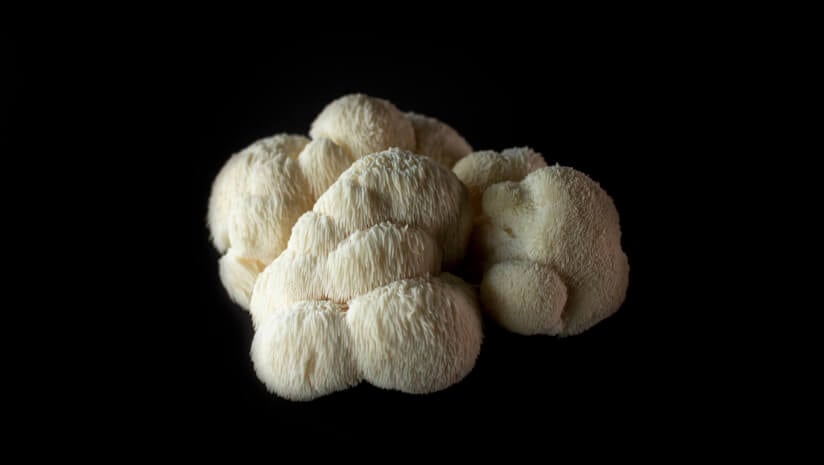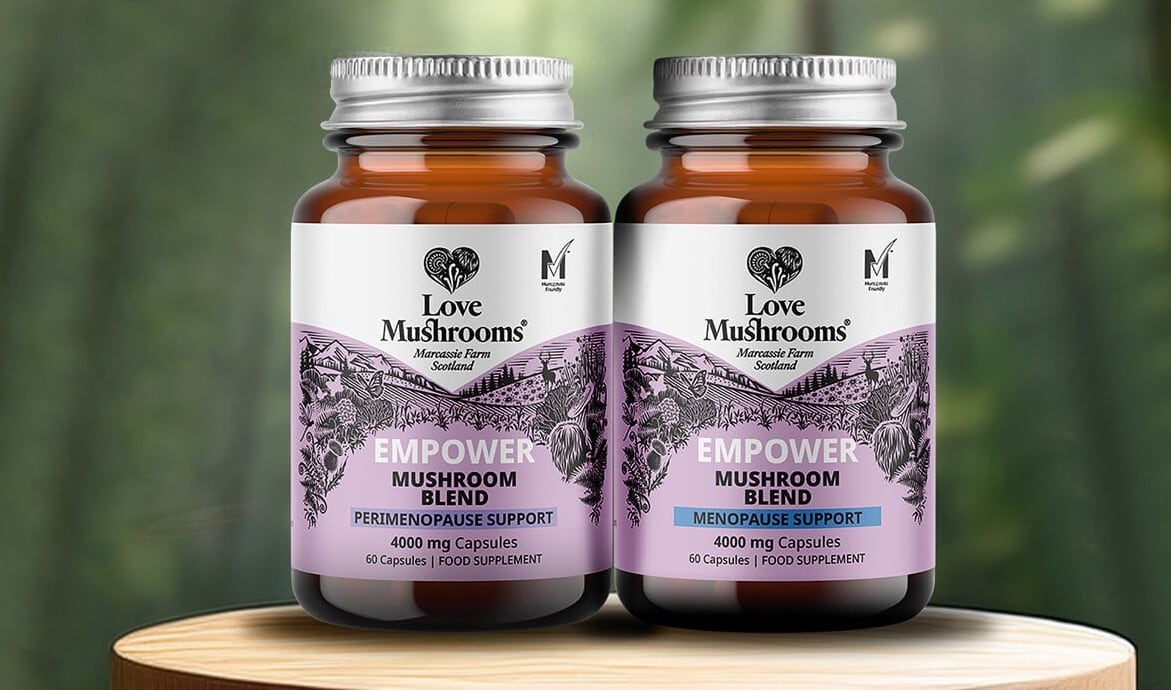This was the message shared with attendees of the 73rd International Congress and Annual Meeting of the Society for Medicinal Plant and Natural Product Research (GA) held in Naples from Sept. 1 to 3.
Discussing the opportunities and challenges with fungi, Professor Ulrike Lindequist, head of the department for pharmaceutical biology at University Greifswald in Germany, told the room of botanical experts this topic requires great focus, asserting: “for a long time plants were in the foreground, but I think the situation is changing”.
Medicinal mushrooms have a long history of use in Eastern culture with interest from the Western hemisphere only really developing since the 1970s, she explained, as a result of better possibilities for mass cultivation under standardized conditions as well as a need for new and better prophylactic and therapeutic options for patients.
She noted proven health applications for conditions including autoimmune disease, viral infection, metabolic diseases, gastrointestinal disease, neurological diseases, diabetes, as well as anti-aging, stress prevention and more.
Mushrooms are rich in several bioactive compounds and health promoting properties: polysaccharides such as beta-glucans, a number of terpenes, nucleoside derivatives, amino acids and vitamins.
Discussing the challenges posed by growing consumer interest for both the pharmaceutical and supplement industries, Professor Lindequist said: “We have to decide what are the best suitable fungi components—mycelium, fruit bodies or spores, and what are the responsible bioactive compounds.
“We need quality standards and methods to control standards,” she said. “We need more information about mode of action, correct doses, applications, possible interactions, and we need good quality evidence.
“And to answer these questions a lot of money, time and engagement is necessary. Patent protection could be helpful to invest more money but it is difficult to achieve.”
Focusing on supplements, Professor Lindequist noted the need to understand if liquid extracts or powder are ‘better’, adding “we need to understand interactions between mushrooms and food components,” especially in the development of functional food products.
She highlighted a couple of studies exploring the issue of poor quality control on the market, including the recent study of supplements on the Italian market which found that only six of 19 samples matched the species stated on the label.
The study further uncovered high variability of beta-glucans, within batches showing lack of control or standardization.
With so much still unknown about medicinal mushrooms, she argued that marketing products and their health benefits should be avoided.
“In my opinion it is very important to avoid advertising and marketing, particularly online, which is common and not helpful,” she said.





